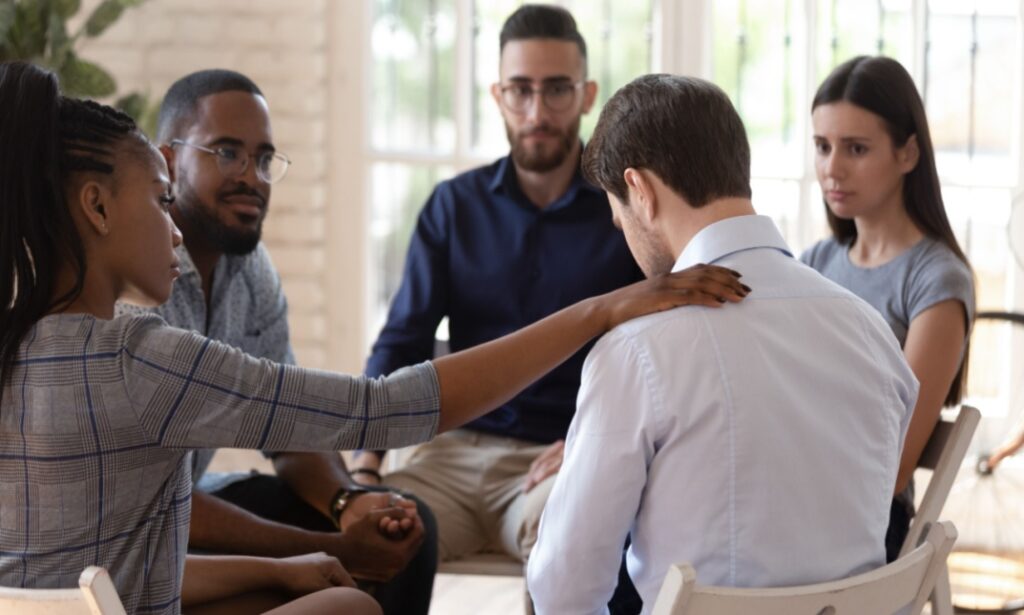No products in the basket.
Who is the Art Therapy Course for? This Art Therapy Online Course is ideal for anyone dealing with stress or …
Course Duration
Lifetime Access
Last Updated
14 July 2025
Students Enrolled
273
Total Video Time
5 hours, 10 minutes
Course Level
4.9
Description
Who is the Art Therapy Course for?
This Art Therapy Online Course is ideal for anyone dealing with stress or interested in pursuing a career in art therapy. This may include:- Individuals seeking personal growth
- Mental health professionals
- Artists and creatives
- Anyone interested in psychology and art
Why Choose the Art Therapy Course from Us?
- Self-paced flexibility: Learn at your own pace, from anywhere you prefer.
- Quality assurance: One of the best art therapy courses in the UK.
- Comprehensive study materials: Easily grasp the content with high-quality resources.
- Expert-developed curriculum: Gain insights from industry professionals who crafted the course.
- Assess your knowledge: Evaluate your progress through module-based multiple-choice quizzes.
- Immediate assessment results: Receive automated feedback and results instantly.
- 24/7 support: Get assistance via live chat, phone, or email whenever needed.
- Recognise your achievement: Obtain a free PDF certificate upon course completion.
Art Therapy Course Requirements
This course does not need any specific credentials. So, anyone can join regardless of their background or expertise. To ensure a successful and engaging experience, we do have a few requirements for students who wish to enrol:- Good command of the English language: Communication is key. A strong grasp of English will enable you to engage with the course material and actively participate in discussions.
- Enthusiasm and self-drive: Passion and motivation are vital for successful learning. Bring your enthusiasm and dive into the course content with a determined mindset.
- Basic computer knowledge: In today's digital age, having basic computer skills is essential. Don't worry if you're not a tech expert. A fundamental understanding of computers and navigating online platforms will be enough.
- Age requirement: This course is available to learners of all ages. However, a minimum age of 16 is required to ensure a suitable learning environment for everyone.
Assessment Method
After completing each module of this course, you will find automated MCQ quizzes. To unlock the next module, you must complete the quiz task and get at least 60% marks. Once you complete all the modules in this manner, you will be qualified to request your certification.Certification
After completing the MCQ/Assignment assessment for this art therapy online course, you will be entitled to a Certificate of Completion from Training Tale. It will act as proof of your extensive professional development. The certificate is in PDF format, which is completely free to download. A printed version is also available upon request. It will also be sent to you through a courier for £13.99.Career Path
- Art Therapist: £25,000 - £40,000 per year
- Counsellor: £25,000 - £40,000 per year
- Psychotherapist: £30,000 - £60,000 per year
- Mental Health Nurse: £25,000 - £40,000 per year
- Social Worker: £25,000 - £40,000 per year
Curriculum
-
- Module 01: Art Therapy Overview 00:40:00
-
- Module 02: Art Therapy Techniques 00:35:00
- Module 03: Art Therapy’s Psychological Approaches 00:35:00
- Module 05: Art Therapy for Different Individuals 00:25:00
- Module 07: Art Therapy’s Creative Methods 00:40:00
- Module 09: Art Therapy on the Autism Spectrum 00:20:00

Study Method : Online.
Support : 24/7 Support.
Course Access : Lifetime.
PDF Certificate: CPD Certified.
Guarantee : 14 day Money Back.
All Categories
Course Reviews

★★★★★
Top Course Enroler
Training Tale give me a good learning experience. This platform is a great resource for anyone looking to improve their knowledge or make a career change.

★★★★★
Top Course Enroler
I didn’t expect to enjoy online learning so much, but this platform surprised me. The lessons are super engaging, and the study materials are top-notch.

★★★★★
Top Course Enroler
I’ve tried a lot of online learning platforms, but this one is the best. The videos, quizzes, and tasks are amazing. I’m genuinely impressed!

★★★★★
Top Course Enroler
I love the flexibility to learn at my own pace. The 24/7 access and diverse course options make it perfect for busy learners like me.

★★★★★
Top Course Enroler
I found the course engaging and informative. The content was well-structured and covered both the basics and more advanced topics.





